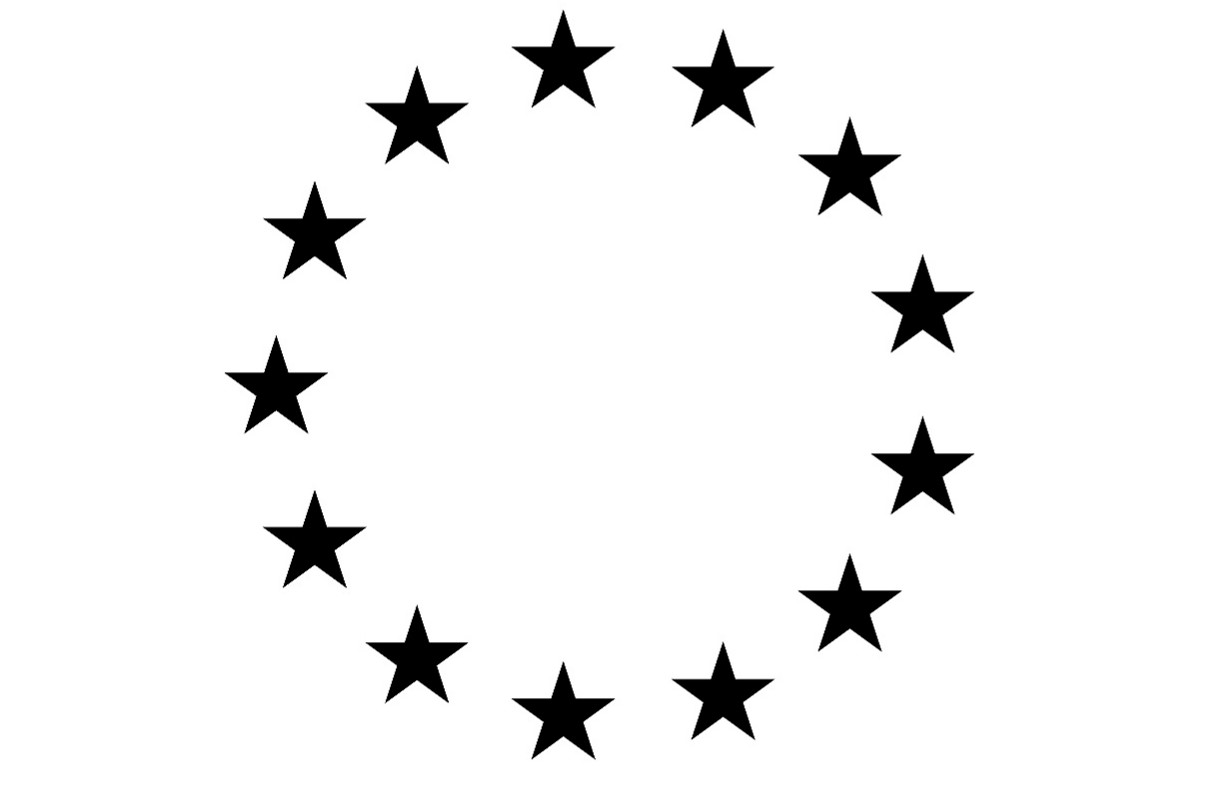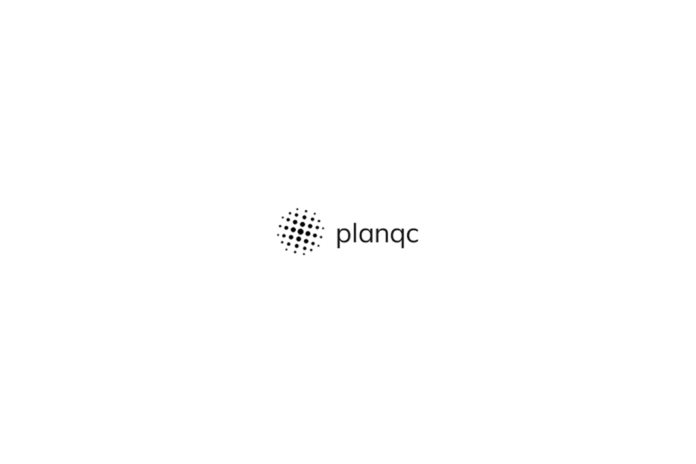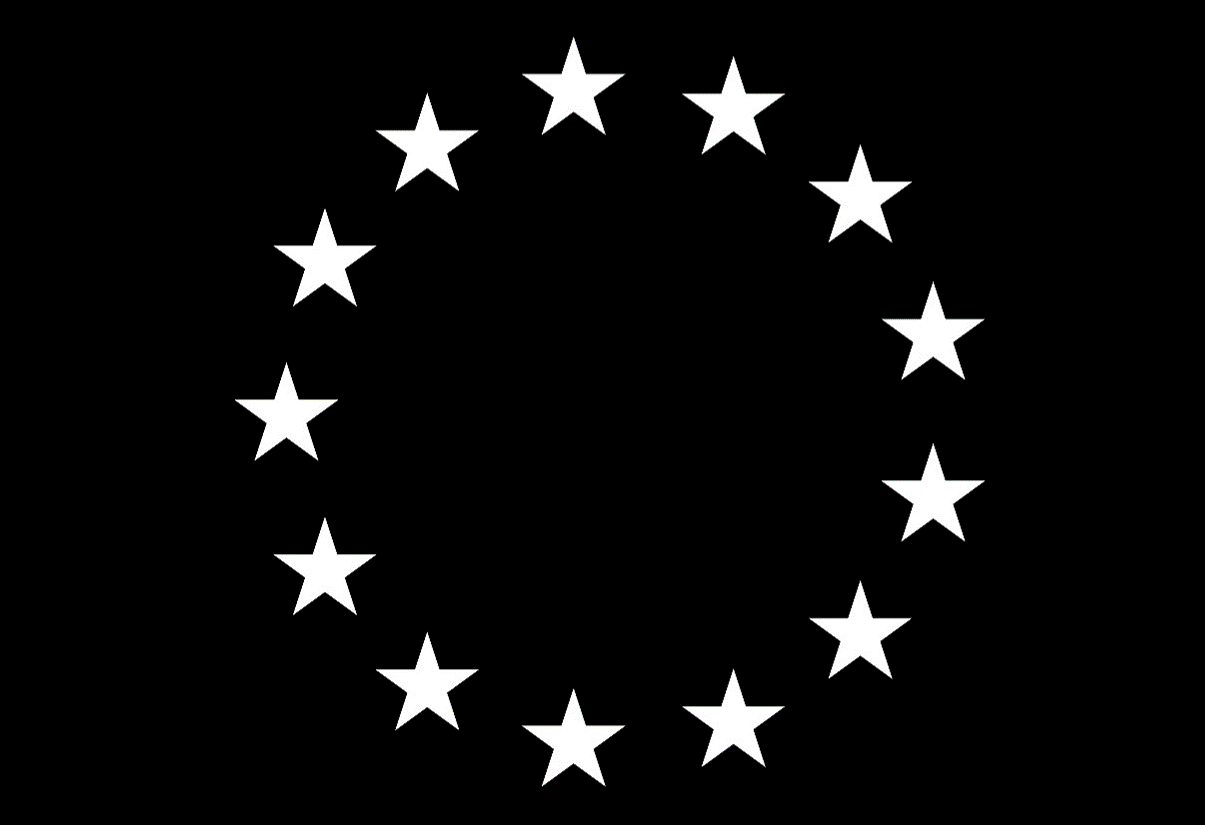Germany-based, planqc is building an innovative quantum computer – nothing less! Its basic principle is as follows: an element e.g. metal strontium is heated up in a furnace so that an atomic beam is created. The neutral atoms (in the element) (used as qubits) are then slowed down with electromagnetic fields & lasers, so that a certain number of them can be held in place by other lasers in a vacuum chamber. There, the neutral atoms can be observed with quantum gas microscopes & in turn manipulated individually (with laser beams that are sent through the microscopes & by putting them into an “excited” state using the energy of the laser/ high-speed Rydberg gates). This “reading” & “writing” (by the microscopes & lasers) can be used to entangle individual neutral atoms & execute quantum algorithms. In contrast to quantum computers from IBM or Google, Planqc’s qubits are not on a chip, but in a vacuum in the middle of specially processed glass object covered with mirrors – this “optical resonator” forms the heart of planqc’s tech. In order for the qubits in the optical resonator to be read out & addressed in a targeted manner via lasers, they must first be sorted into a two-dimensional grid structure, which then becomes a three-dimensional as the number of qubits increases…“scaling to thousands or even millions of qubits (needed for a commercially viable quantum computer) remains challenging with our approach, but may be easier than for competitors”. In fact, IBM, Google as well as Finland-based IQM produce quantum computers that use superconducting circuits on chips (vs as just explained, planqc’s use of neutral atoms as qubits, which can be manipulated in a vaccum using a laser & microscope), which must be cooled down to almost absolute zero a with great deal of effort vs. plancq’s system that can be operated at room temperature. Moreover, “superconducting circuits pose the problem that on the solid-state chip, every qubit is a bit different – therefore more error prone –, while every neutral atom is fundamentally the same with us ”. The same also holds true for quantum computers built with iontraps – from e.g. IonQ (US) (IPO), Quantinuum (US) (<€300m), Oxford Ionics (UK) (€42m) – which like planqc hold atoms in a vacuum with electromagnetic fields to form qubits, but which are electrically charged & therefore repel each other, which planqc’s neutral atoms don’t. One of the remaining issues with planqc’s tech, is the precise ‘illuminating’ of the individual qubits (in the “optical resonator”) which need to be very close to each other (“so close in fact we’re close to limit of what’s physically possible to focus a sharply defined laser beam …however, if the light hits a neighboring qubit at its edges, there is crosstalk between the atoms – which produces errors”). Planqc have already solved the problem under laboratory condition & the new funding will go towards now making the solution smaller & cheaper (“the first test arrangement spread over three large laboratory tables, last year’s only needed one, eventually it will be housed within standard server cabinets), for commercialization within “3, 4, maybe 5 years” – either selling quantum computers outright or offering quantum processing through the cloud. Under the motto “creating quantum computers atom by atom”, planqc was founded in 2015 as the first Munich Quantum Valley start-up by Alexander Glätzle (CEO), Sebastian Blatt (CTO), Johannes Zeiher (Principal Scientist), Lukas Reichsöllner (Head of Hardware) & Markus Wagner (Business Strategy). The likes of Herman Hauser & Ann-Kristin Achleitner are board members. Ps: planqc graduated from the Creative Destruction Lab incubator as the winners of the 2022 Quantum Stream. Pps: companies similar to plancq include PASQAL (FR) (€125m) & Alpine Quantum Technologies (AT) (€2.5m), with honorable mention to US ~competitors Infleqtion (prev. Coldquanta) ($185m), Atom Computing ($81m) & QuEra Computer ($17m). <Source: handelsblatt.com, 1e9.community, forbes.at, sueddeutsche.de, sifted.eu>


